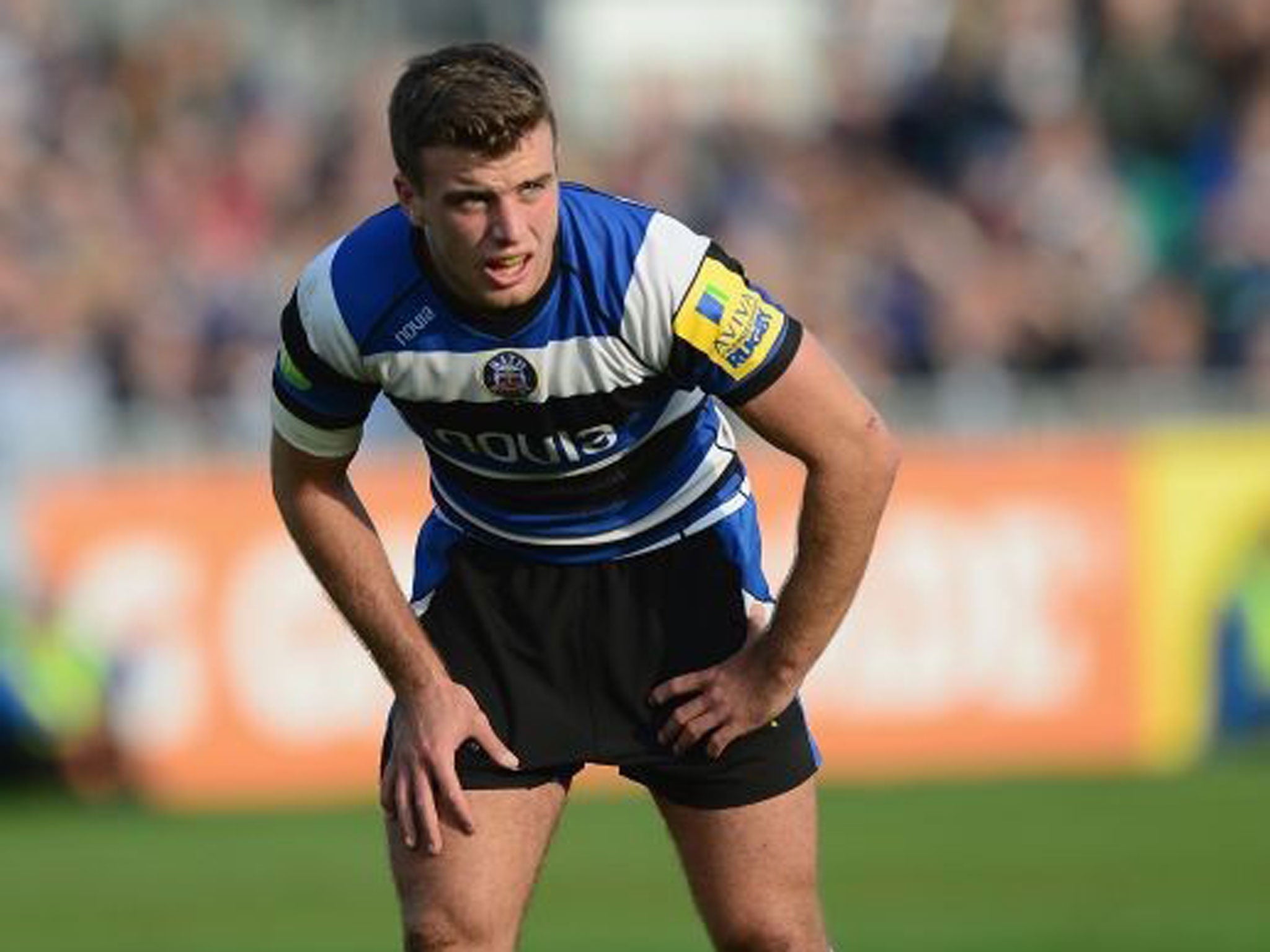Exclusive: Aviva Premiership salary cap to rise in the battle to stop more players moving abroad
Cap set to rise by almost 10 per cent this year – the first increase in two seasons

An inflation-busting hike in the Aviva Premiership salary cap will see players’ wages rise in England this year as clubs battle the increasing threat of stars leaving for French teams boosted by a huge new domestic television deal.
Playing for England will continue to be the carrot that keeps the best young players at home, according to one leading director of rugby, but Conor O’Shea of Harlequins believes the spending power of French clubs thanks to their new €355million (£294m), five-year contract with TV broadcaster Canal+ means more England players will head over to France after the 2015 World Cup, following the example of Leicester’s Toby Flood and at least seven Wales players who will play in the Top 14 next season. Flood is thought to be lining up a deal with Toulouse that will double his current £150,000 basic salary.
The Independent on Sunday understands the Premiership’s salary cap of around £5.2 million per club is set to rise by almost 10 per cent this year – the first increase in two seasons – now the money from the BT Sport television contract and other sponsorship deals is kicking in. It will be up to each club to decide whether to put the extra £500,000 into the pockets of one or two players, or spread it so that, for example, 10 younger players earn an extra £40,000 – head-turning figures in most walks of life although peanuts compared with football.
“Where the challenge for us [in England] will be is post-World Cup 2015 when players come out of contract,” said O’Shea. “There will be England players for whom the chequebook will come out, and it’ll be so much money that they will go. It is becoming harder and harder, and the market value of players is naturally going up.
“England’s policy of only picking players overseas in exceptional circumstances is a help – the people who want to play for their country will stay – but I’ve no doubt there will be those who go for the lifestyle change.
‘‘The England team being pulled together for the 2019 World Cup is pretty special, and someone like Danny Care who will be 32, 33 then, so why wouldn’t he stay here for that? But others will weigh up their options, think the 2019 opportunity has gone for them and they will go. It’s a massive deal and there’ll be big money for some people who will grab the headlines.”
Industry analysts expect the new money in France to increase squad budgets at less-fashionable Top 14 clubs outside the current elite of Toulon, Clermont Auvergne, Toulouse and Racing Metro, although the Toulon chairman, Mourad Boudjellal, has demanded that the more successful clubs receive a bigger share of the proceeds. The Rugby Football Union in England and the French Rugby Federation (FFR) have built in incentives for clubs to produce home-grown players, but in France a club such as Toulon will run a 50-man squad containing 16 players classed as overseas. The Canal+ deal has more than doubled TV revenue, and with already vast support from partner companies, Toulon have made Wales’s lock Ian Evans their latest big-name signing and they have also been chasing the northern hemisphere’s best-regarded full-back, Leigh Halfpenny.
“Even before the new French TV deal we have had our players offered double what they get here, but they have stayed,’’ said O’Shea. “We haven’t had players taken away from us yet but I am sure it will happen. It is humongous, life-changing amounts of money. I think the southern hemisphere will be challenged – and even France can’t match what’s on offer in Japan. I think what these guys put their bodies through, mentally as well as physically, is incredible. They deserve everything they can get. It’s market forces. But there’s a whole lot more that will go into a player’s decision, that includes what you do with them off the field, if a club can demonstrate they can look after a player post their career.
“How English clubs safeguard and manage players will be a big key. Our salary cap has to evolve to help you to retain players you produce yourself. There are already academy credits but there need to be even more incentives for clubs to do that. The retention of young players as opposed to the recruitment of a huge number of players is the profile this club will have. I don’t think you can do both.”
Meanwhile, the IoS understands a draft accord for the Heineken Cup to continue for the next eight years was finalised in Dublin on Friday, with all the Six Nations unions and their clubs willing to sign except Premiership Rugby. The French clubs have committed to at least four years under their new licence agreement with the FFR.
The competition would continue to be run by a restructured European Rugby Cup Ltd with possibly a change of headquarters from Dublin to Geneva and a new name, although the word “European” is sacrosanct.
Subscribe to Independent Premium to bookmark this article
Want to bookmark your favourite articles and stories to read or reference later? Start your Independent Premium subscription today.

Join our commenting forum
Join thought-provoking conversations, follow other Independent readers and see their replies